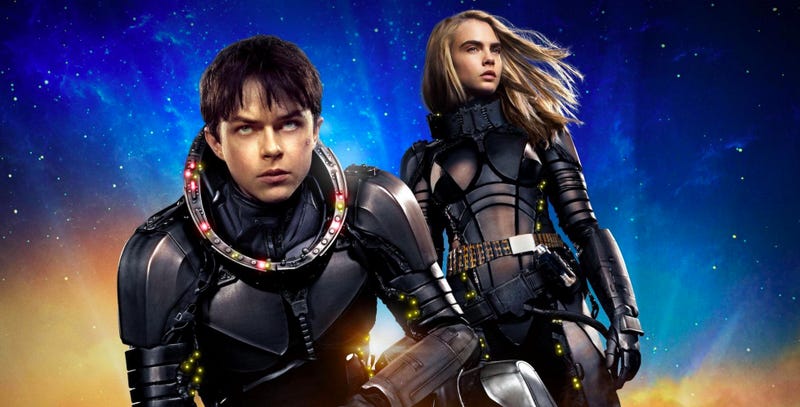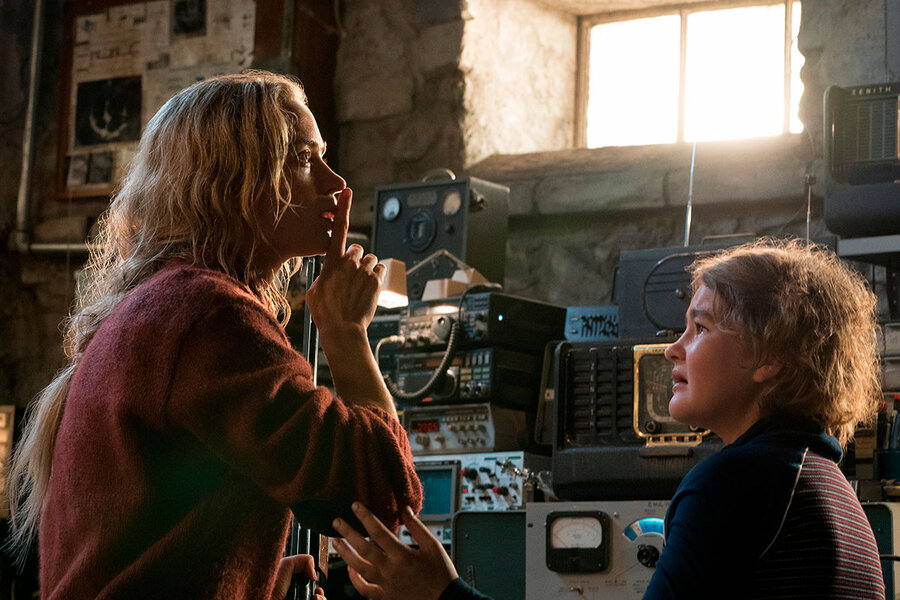Director: Ari Aster
Date: 11 June 2018
jamesintexas rating: ***
In my inaugural trip to an Alamo Drafthouse Movie Theater (and in Kansas City with my brother Danny, NOT Texas), I experienced the traumatic, unnerving new film Hereditary, and I have to report that it is a deeply, deeply upsetting film that wears its influences (The Shining paramount among them) firmly on its sleeve in its pursuit of serious, adult, wince-inducing horror and suspense. It is a wicked ride, albeit one that I do not fully understand.
A review of this sorts needs to keep much of the plot a mystery, and I will say this: the less you know about this film, the better it is. Annie (Toni Collette) is a miniatures artist who lives with her husband Steve (Gabriel Byrne) in the forested mountains of Utah along with their two children, Peter (Alex Wolff) and Charlie (Milly Shapiro). And until recently, Annie's mother lived with them, and her death is the catalyst for much of what is to follow. The house is all wooden corners and high ceilings, pull-down attics and intricate tiny spaces in Annie's workshop. Asher's sequencing of the film involves slow zoom-in close ups of those houses and recreations of scenes in Annie's life, and often we are so disoriented by them, it is difficult to tell if they are establishing shots of the house or of the miniature. That disorientation continues as Annie unfolds her grief for her mother, whom she was not close with and harbored deep resentments with about the raising of her children. Peter wanders the early portions of the film as a mildly disaffected teen, staring off in History class, eager to get to a party to meet the girl. Charlie seems to have inherited her mother's penchant for art, and she's jarring in her wandering off and sourcing of material for her art, as well as her tic of "clock-ing" with her mouth. I don't know a better word for it. There's a show deadline looming in six months or so, but with the painstaking work that Annie does, her grief interferes and disrupts, sleep provides no respite, and a local mourning group allows her the chance to vent but does not provide relief. The insular world of the miniatures just seems to heighten everything, particularly in the camera's casual gazing at Annie's renderings of traumatic moments in their family history. Steadily and surely, things fall apart.
Toni Collette is a force of nature, and her work here is extraordinary, full of range and intensity. My first movie memory of her is The Sixth Sense, a high watermark of acting in my opinion as Lynn Sear, and I haven't seen her in something that showcases her talents in quite this way. She's the centerpiece of this disturbing film, in most every scene, and she carries it fully. The film is disquieting, which means that I had to keep looking over at Danny multiple times, in a "Can you believe this?" kind of way. The shocks are not big jump scares but more of revelations, slow builds, something that is in the frame already, and you just need to realize its power. The film's lingering themes are of family and religion's pernicious influences, as seen through the lens of the title. Hereditary: genetic factors and often diseases beyond our control. In a film that is willing to offer its dark vision in a summer of superheroes and fantasy, Ari Aster has crafted something worth seeing and being upset by, though I do not believe it lives up to its The Shining-level pretensions or aspirations. Still, the cast and in particular, cinematographer Pawel Pogorzelski, do a terrific job of providing luster to this tale.
/cdn.vox-cdn.com/uploads/chorus_image/image/60000839/hereditary_GROUP_TABLE_029_3_rgb.0.jpg)




